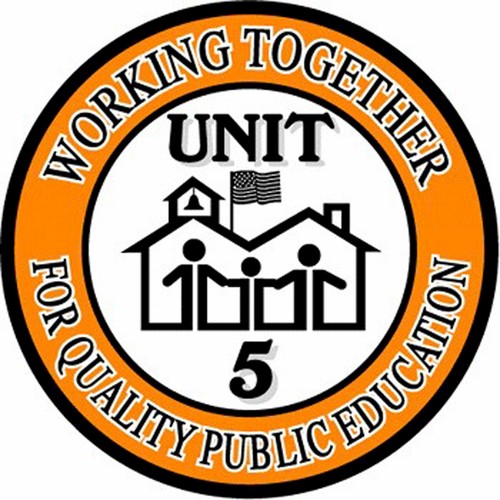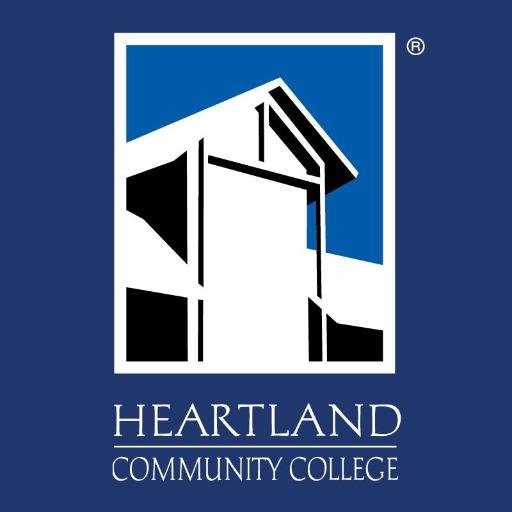Judith Valente
WGLT
The president of the Illinois chapter of the NAACP says that more than 50 years after the federal Fair Housing Act was enacted, African-Americans still face housing discrimination, predatory mortgage lending practices, and other obstacles to moving into racially diverse and affluent neighborhoods.
Speaking on GLT's Sound Ideas, Teresa Haley said African-Americans are more likely to be charged higher mortgage interest rates and higher fees for mortgage insurance as well as for credit checks.
"They are finding other ways to disguise discrimination," she said.
Haley was this year's keynote speaker at the annual Martin Luther King Day Teach-In at Illinois Wesleyan University, sponsored by the Office of Diversity and Inclusion.
The teach-in began with a panel discussion of housing justice.
Home ownership for African-Americans lags about 30 percent behind that of whites, according to a 2016 Harvard University study.
Black homeowners have not rebounded as quickly as whites from the 2008-2009 mortgage crisis that led to a record number of foreclosures in minority communities, the study found.
Haley blamed the decline in black home ownership on "predatory lending, people losing their jobs, foreclosures, and people doing reverse mortgages” to supplement their income needs, only to lose their homes in the long run.
She said low-income renters also face significant challenges.
Many who receive Section 8 housing vouchers are forced to live in substandard housing while landlords inflate rental prices in order to collect more from the federal government, Haley said. The cost of rent for Section 8 housing is split between the tenant and the government.
Renters are also vulnerable, she said.
“One of the challenges renters have, especially with Section 8 (federal housing vouchers), is finding quality housing. A lot of the places they place them in aren’t worth seeing.”
According to a 2017 Illinois State University/Stevenson Center study conducted for Not In Our Town: Bloomington-Normal, higher community "social vulnerability" levels are often correlated with racial diversity, old age, limited transportation, low-quality housing, and population density. The study noted public transportation, housing, and health disparities based on East or Westside residence.
Further, ISU researchers found discrimination plays out in health care, housing, employment, and policing. One study participant explained, "microaggressions affect people in the workplace and [their] overall happiness." Pertaining to housing, another said, "There are issues with housing/landlords, a lot of it can be discrimination based on economic [status], color, or orientation."
GLT investigated the state of low-income rental housing in Bloomington-Normal in a September 2017 series called Landlord v. Tenant. That series found an aging, increasingly dilapidated stock of housing in both cities.
The series also chronicled instances of landlords who repeatedly failed to make urgent repairs despite repeated pleas from tenants. Bloomington and Normal have only two housing inspectors each to monitor nearly 20,000 rental units.
Haley said many low-income tenants are forced to live in housing that “isn’t well-built or well-maintained. But the landlord at the first of the month, they’re going to get their money regardless."
There are "a lot of slum landlords out there trying to get rich off the backs of poor people," she added.
Haley said renters should document problems they have with their housing that landlords won’t address.
She recommended they report these issues to their City Council representatives, their local chapter of the NAACP and even put the information out on Facebook and other social media.
She said tenants should not withhold rent to protest living conditions because landlords can immediately file for eviction.
Haley called for stricter building codes and increased rental housing inspections.
“This is a statewide and nationwide problem,” she said of housing inequality.





























